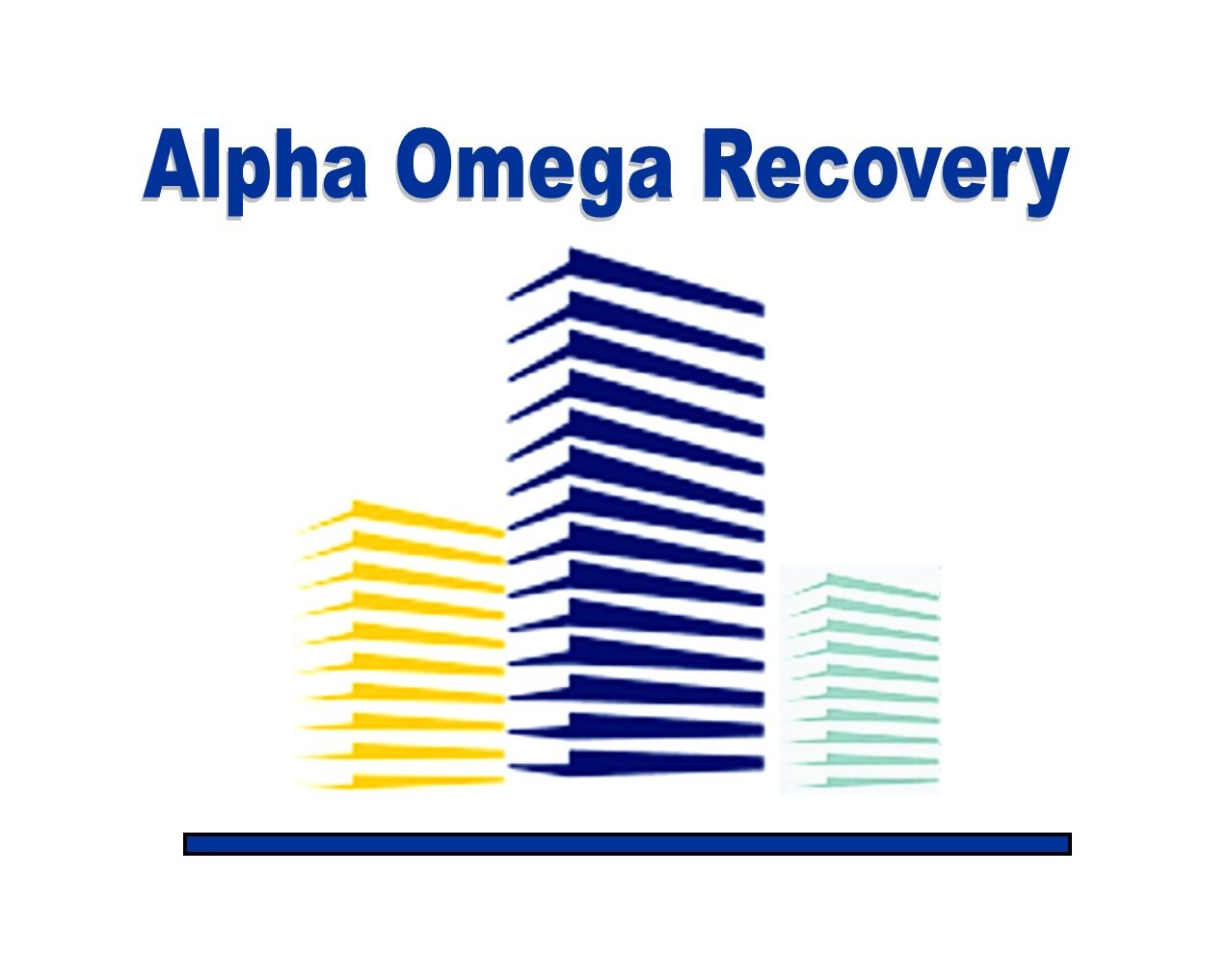
Especially in Florida, hurricanes, tornadoes, wind, and even severe high temperatures can affect your business, home, and life. After a disaster like this, there are definite actions you should take to make sure you are safe, and that others can remain safe as well. Here are six simple suggestions that may help during a natural disaster.
- Follow and value instructions. There may still be a very immediate and very real threat in an area that has been affected. Hurricanes and tornadoes for example, may expose you to the physical threat of debris, glass, nails, and sharpened pieces of the collapsed or damaged properties. Despite the urge to do so, don’t re-enter an area that has been hit by a natural disaster until you have been cleared to do so. Directives and orders from agencies trained to respond to these situations are the best course of action to follow.
- Be sure you have a good communication method(s). Interaction after a disaster is a two-way street. Phones may not work, and cell phones are often temporarily out. A walkie-talkie is a possible option. Be sure you have an emergency radio and lots of batteries. Responders and other people on staff of a building may need to manage info on head counts, possible threats due to damage to sensitive or combustible materials, and other data (often business data) that’s extremely relevant to the efforts that will follow a fire, hurricane, or tornado. It’s also important to communicate any significant information that you might have to the people who can make the most use from it. Don’t ever stay quiet about a possible threat that you personally know about, or even suspect; lives may depend on you.
- Just because the immediate threat seems gone. In the case of natural disasters, you may only have been exposed to the first part of a multi-part event. Several after-issues can still cause significant damage, such as strong winds after a hurricane. There are likely emergency protocols that need to be followed, and they should continue to be followed for your safety and the safety of others until the event has totally cleared. Professional direction from responding agencies should give you a much stronger sense of awareness.
- Use a trusted and licensed Recovery Contractor. After the disaster, the sooner you can get in contact with a trusted disaster clean-up and repair company, as well as your insurance carrier, the sooner that you’ll be able to get the recovery process in motion after a very serious emergency. Often, during these major regional events, there are limited resources available. Good, reliable, qualified contractors will be hired quickly by other clients, so you will want to hire a local professional immediately. If you’re a a commercial property, think about being on the contractors PREP (Priority Response Emergency Program). Alpa Omega Recovery is a Florida-licensed and respected contractor and a certified PREP company.
- Be Sure To Contact A Public Adjuster

All too many times, the insurance company (or the insurance adjuster) are determined to be difficult and will try to deny the claim. Since the insurance company has THEIR adjuster, you need to have yours. (think about the fact that you’d always hire a lawyer if your challenger has one). Even when they are willing to recognize the loss, they too often choose a restoration company that’s “in the adjuster’s back pocket!” Everyone has heard the nightmare stories. By engaging a Public Adjuster immediately after a disaster, you can protect yourself and know that you’ll have a trusted advisor by your side so the insurance company can’t play games with you and your property.
You Have Specific Rights
You always have the right to hire the contractor YOU choose – not the one the insurance company prefers. Never allow an insurance company or their own adjuster tell you that you must use their preferred contractor. And expect they’ll try to reduce the amount of money they will pay out. Click this link to learn more about getting paid.
Don’t try to go it alone. There are really great people and resources to help you protect your interests.
Author: Dick Wagner, Tactical Specialist

